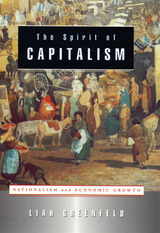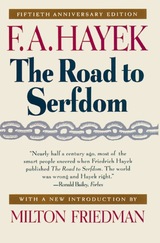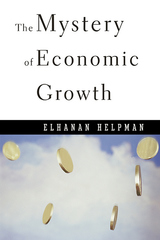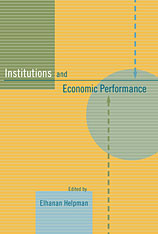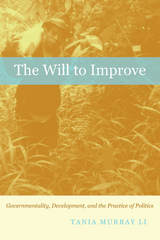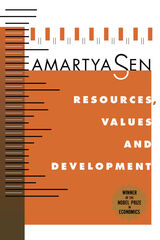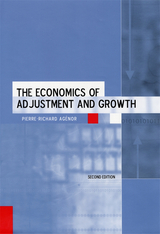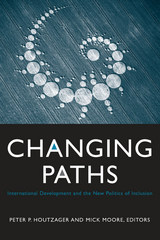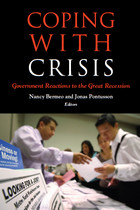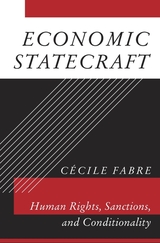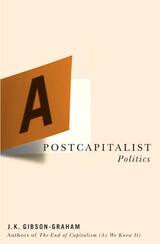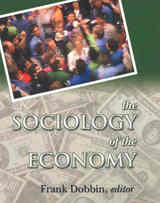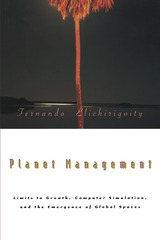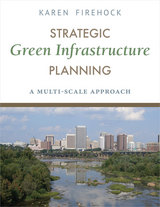Chicago Essays in Economic Development
University of Chicago Press, 1972
Cloth: 978-0-226-87154-7
Library of Congress Classification HD82.W247
Dewey Decimal Classification 338.9
Cloth: 978-0-226-87154-7
Library of Congress Classification HD82.W247
Dewey Decimal Classification 338.9
ABOUT THIS BOOK | TOC
ABOUT THIS BOOK
What happens when the methods of the Chicago school of economics are applied to development problems? By collecting fifteen prime examples for this volume, David Wall has shown that these methods go a long way toward the clarification and solution of the economic problems faced by the world's underdeveloped countries. The contributors, all members of the Department of Economics at the University of Chicago, are Theodore Schultz, Harry G. Johnson, Arnold C. Harberger, Bert F. Hoselitz, and Larry A. Sjaastad, and D. Gale Johnson.
These Chicago economists share a common intellectual framework universally recognized in the profession and derived from three beliefs: first, that theory is of fundamental importance; second, that theory is irrelevant unless set in a definite empirical context; and third, that in the absence of evidence to the contrary, the market works. Critics of the Chicago school tend to ignore the first two of these and to overlook the qualifying proviso of the third. This volume sets out to rectify that misunderstanding and to circulate more widely some of the best work produced by the Chicago school.
The essays in the opening "general" section clearly illustrate the characteristics of the Chicago school while also reflecting some well-known idiosyncrasies of four of its more prominent spokesmen. The other two sections, "Domestic Policy" and "Trade and Aid," cover topics on which Chicago authors have made a marked impact. Together, these essays will provide a basic reference book for students of the subject, illustrating one of the leading methods of analyzing economic development problems.
These Chicago economists share a common intellectual framework universally recognized in the profession and derived from three beliefs: first, that theory is of fundamental importance; second, that theory is irrelevant unless set in a definite empirical context; and third, that in the absence of evidence to the contrary, the market works. Critics of the Chicago school tend to ignore the first two of these and to overlook the qualifying proviso of the third. This volume sets out to rectify that misunderstanding and to circulate more widely some of the best work produced by the Chicago school.
The essays in the opening "general" section clearly illustrate the characteristics of the Chicago school while also reflecting some well-known idiosyncrasies of four of its more prominent spokesmen. The other two sections, "Domestic Policy" and "Trade and Aid," cover topics on which Chicago authors have made a marked impact. Together, these essays will provide a basic reference book for students of the subject, illustrating one of the leading methods of analyzing economic development problems.
See other books on: Commercial policy | Development | Economic assistance | Economic development | Economic policy
See other titles from University of Chicago Press

